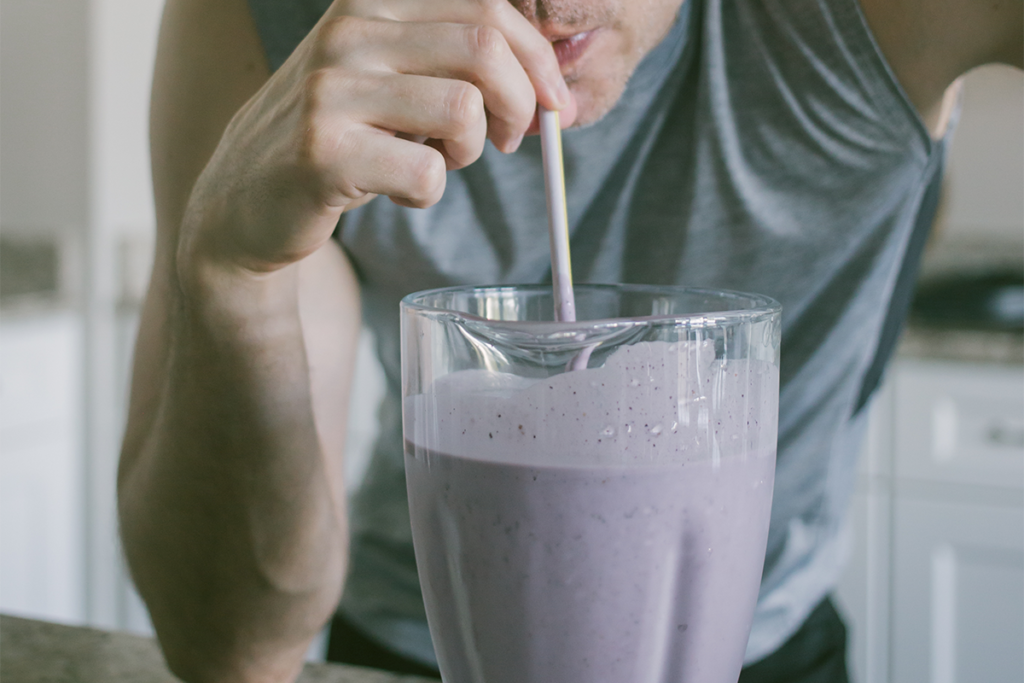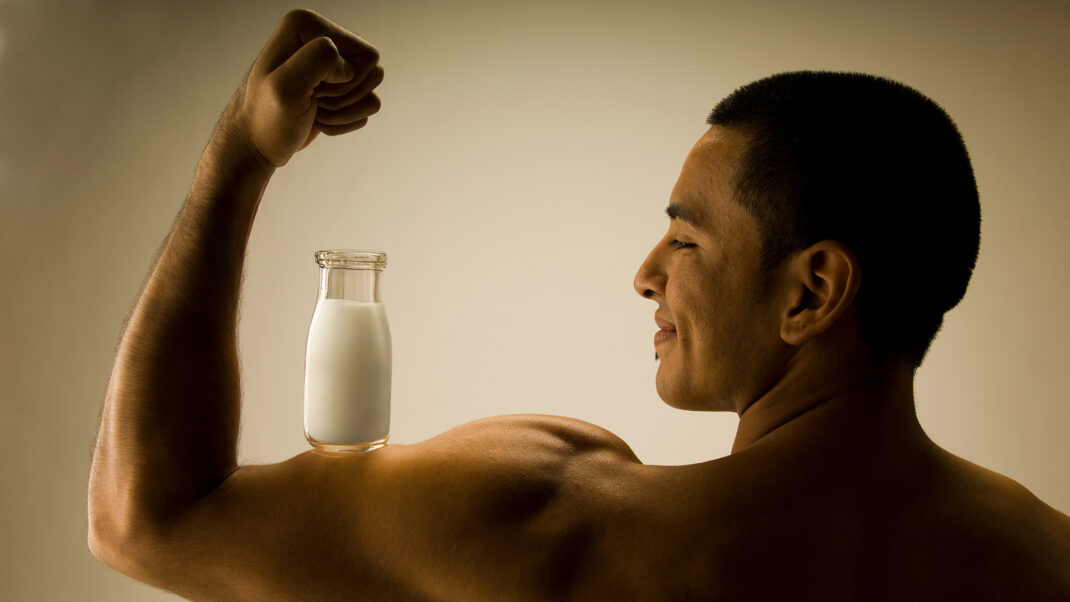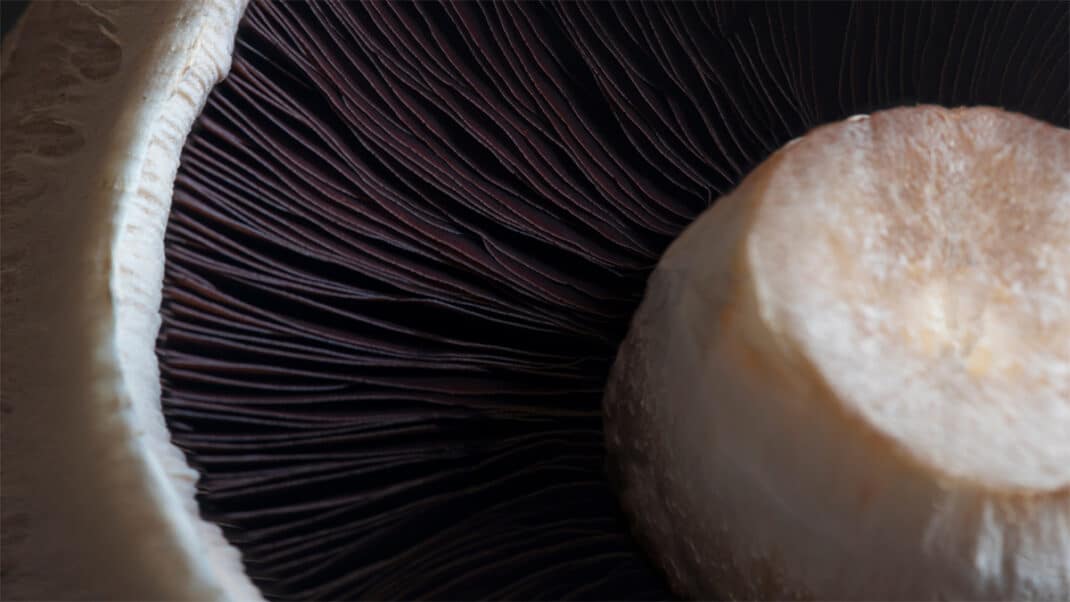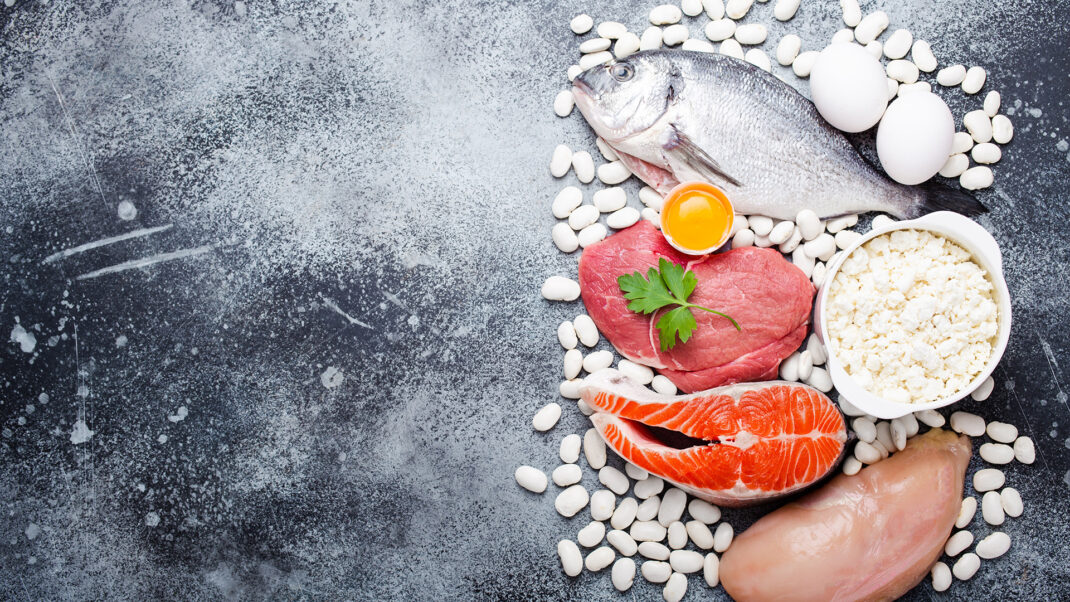
Maintaining muscle mass and strength is a vital part of aging well and enjoying good quality of life. Luckily, when it comes to protein and muscle, we don’t need to garnish chicken breast with meatballs to get enough protein to build lean body mass as we age.
Researchers from the University of Illinois at Urbana-Champaign enrolled 50 middle-aged adults ages 40–64 in a 10-week resistance-training program (three lifting sessions a week). Participants had not been lifting weights prior to the study. The research team randomized the adults into moderate- and high-protein diet groups: The moderate-protein group consumed about 1.2 grams of protein per kilogram of body weight per day, while the high-protein group consumed roughly 1.6 g/kg BW. Daily beef and protein isolate drink consumption were used to help participants reach the desired protein intake levels. Overall calories were kept the same between groups.
Published in the American Journal of Physiology: Endocrinology and Metabolism, the study showed no significant differences between the groups after the 10 weeks. Gains in strength and lean body mass, loss of body fat, glucose tolerance, kidney function, bone density, and other biomarkers of health were roughly the same in all participants.
The conclusion? A moderate protein intake seems to be effective at helping Gen X and baby boomers stay strong and lean, as long as they are also pumping some iron.
See also: The New Protein Math
Matthew Kadey, MS, RD
Matthew Kadey, MS, RD, is a James Beard Award–winning food journalist, dietitian and author of the cookbook Rocket Fuel: Power-Packed Food for Sport + Adventure (VeloPress 2016). He has written for dozens of magazines, including Runner’s World, Men’s Health, Shape, Men’s Fitness and Muscle and Fitness.






